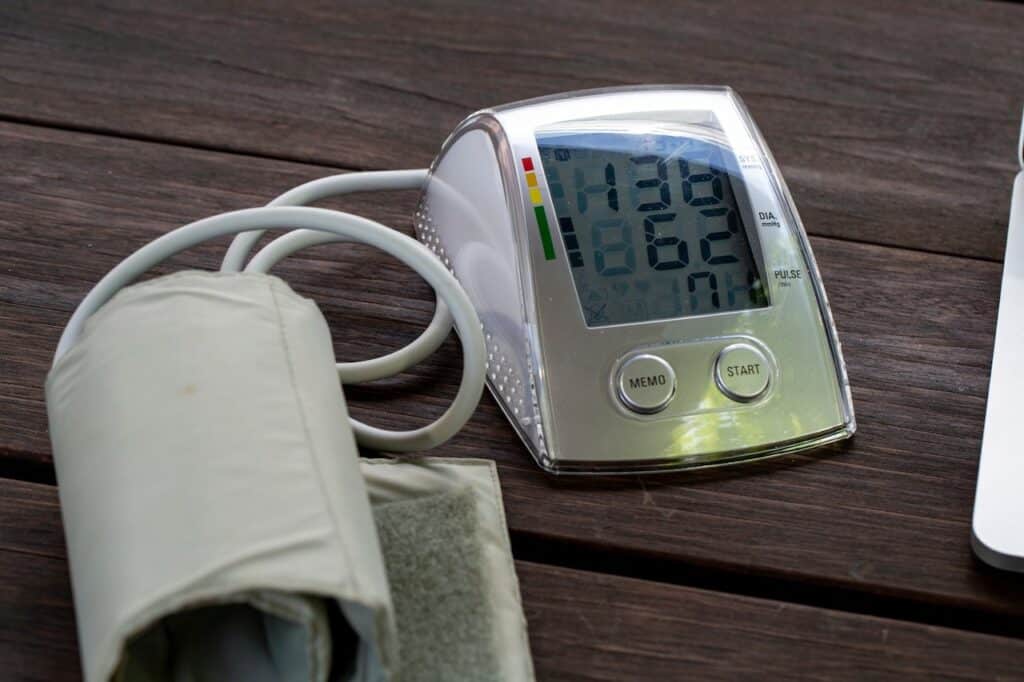When you’re dealing with chronic kidney disease (CKD), you want to take care of your kidney health, but also keep an eye out for other potential health problems; in particular, hypertension is common among people who have CKD.
So if you’re concerned you might have high blood pressure in addition to kidney disease, here’s what to know about the relation between hypertension and CKD.
What’s the Relation Between Hypertension and CKD?
If you have CKD, there’s a chance you’ll also end up with hypertension. That’s because it turns out hypertension and CKD are related in two ways. First, hypertension is considered a leading cause of CKD, so this condition could be one reason you have kidney disease to begin with.
After all, the definition of hypertension is the force of the blood against the artery walls, which is higher than average. After years of dealing with this condition, your blood vessels may end up damaged; blood supply to your kidneys is reduced, which often leads to organ damage.
Hypertension often leads to CKD, but in some cases, it’s the other way around, and hypertension is a complication caused by CKD. This is because your kidneys help maintain the right blood pressure in the body; so if your kidneys are damaged in any way, they’re going to have trouble keeping your blood pressure within a healthy range.
Note that if you already have CKD, and also end up with hypertension over time, there’s a good chance your CKD will progress faster than normal and may even lead to heart problems. This is why it’s so important to not only follow your CKD treatment plan, but also keep your blood pressure in check.
How to Keep Your Blood Pressure in a Healthy Range
Now that you’re aware of CKD potentially leading to hypertension, you know to pay attention to your blood pressure. If you regularly see a doctor for CKD or other conditions, he or she will check your blood pressure every appointment and let you know if it’s high. You can also buy a blood pressure monitor to check it from home.
If your doctor becomes concerned by your blood pressure, he or she will likely put you on blood pressure medication to bring it down. But if it’s only slightly high right now—or if you just want to prevent it from leaving the normal range—there are some changes you can make at home.
For example, working out for 30 minutes or more five days a week is a great start, as well as sticking to a healthy diet low in sodium and alcohol. This promotes healthy weight which is ideal since obesity increases your chance of hypertension.
Finally, you should avoid smoking and try to keep your stress levels low in order to reduce your blood pressure.
Clearly, the connection between hypertension and CKD is closely linked; blood pressure is commonly affected by the health of your kidneys, and vice versa. But getting regular medical care and monitoring your blood pressure will help you stay as healthy as possible after a CKD diagnosis.

